Author Archive
Desire in John Wray’s Godsend
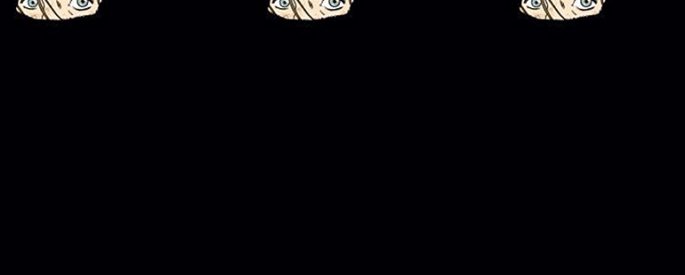
Aden Grace Sawyer, the young white American woman inspired by John Walker Lindh who leads John Wray’s latest novel, is on a mission from God.
The Liminal Act of Writing
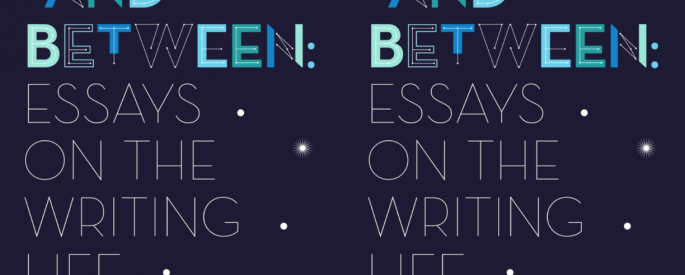
Jenny Boully delicately traces the in-between in her collection of lyric essays on the writing life.
The Immigrant, The Worker, and The Zealot in Ling Ma’s Severance
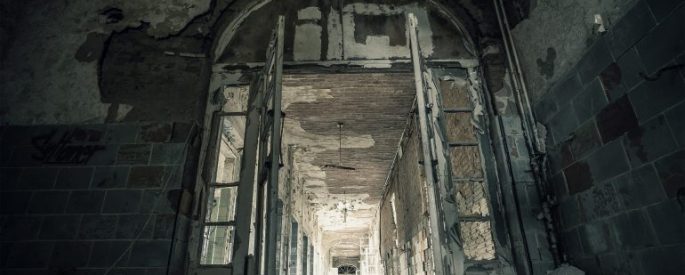
Ling Ma brings post-apocalyptic zombie fiction, the Asian-American immigrant narrative, and anti-capitalist office satire together in her debut novel in which capitalism is—literally—a disease.
Whiteness in Hari Kunzru’s White Tears
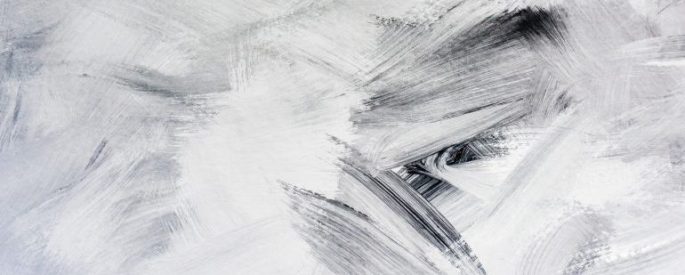
Kunzru’s novel offers a chance to revel in the hubris of white boys. As such, it is a revenge story.
Family and the State in Kamila Shamsie’s Home Fire
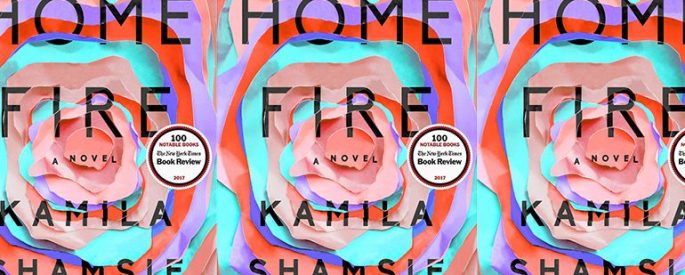
Like Mohsin Hamid and Ayad Akhtar, Shamsie is concerned with the ways a post-9/11 West has disrupted the lives of Pakistani Muslim immigrants. But where Hamid and Akhtar limit their scope to the individual experiences of brown men, Shamsie maps out the ways the family reacts to and reflects
Jerika Marchan’s Poetry of Hurricane Katrina
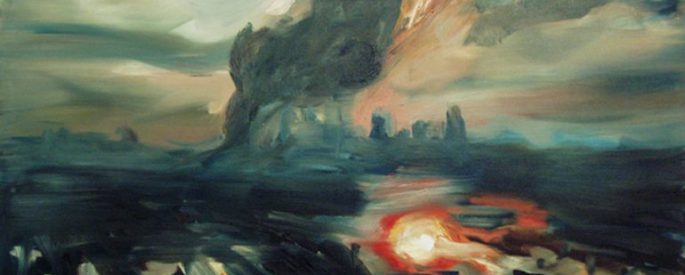
The aftermath of disaster is difficult to measure. The answer changes depending on your metric of loss: number of deaths, houses destroyed, families displaced. Some measures go beyond numbers. You can’t graph grief, hope, trauma, or what it took to survive. But you can collect them in poetry.
Resonance, Dissonance, and the Iraq War

This year marks fifteen years since the initial US invasion of Iraq in 2003. In Rachel Kushner’s and Lisa Halliday’s newest novels, the war lurks, ever present, in the background.
Measuring the Unknown in Jesse Ball’s Census
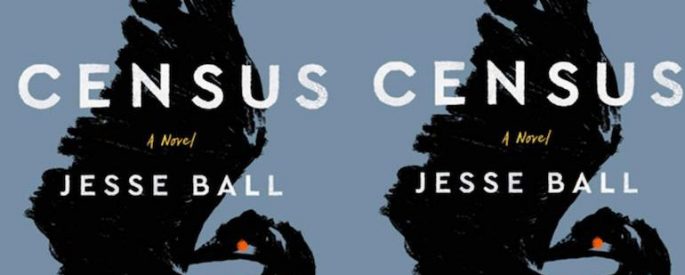
The nature of the census changes continually—it is at points a mechanism of state surveillance, a quest for self-knowledge, an act of community, a measure of goodness, an exchange, a gift.
The “We” in Barbara Jane Reyes’s Invocation to Daughters
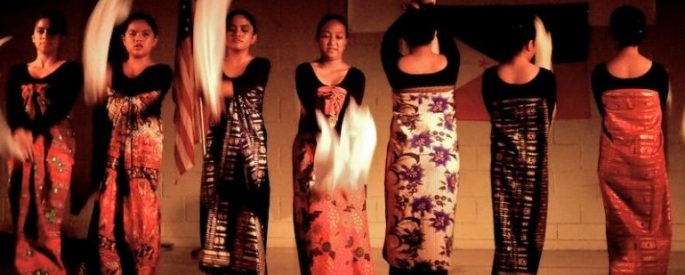
Women’s writing is so often ghettoized and hidden from view. Women write from the private, individual “I,” while men write of the public and the universal “we.” In her newest collection, Invocation to Daughters, Filipino American poet Barbara Jane Reyes boldly and loudly refuses that division.
Nightmares by the Border in The Line Becomes a River
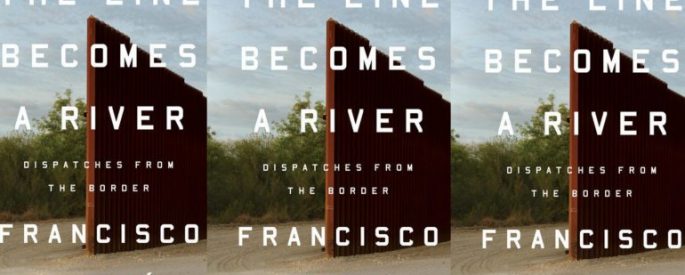
In the desert, by the border, Francisco Cantú dreams of wolves. They are strange, menacing figures whose appearances portend a message he can’t quite figure out. Are they stalking him, the way he and the rest of the Border Patrol trail Mexican migrants through the Sonoran desert? Are they
- 1
- 2